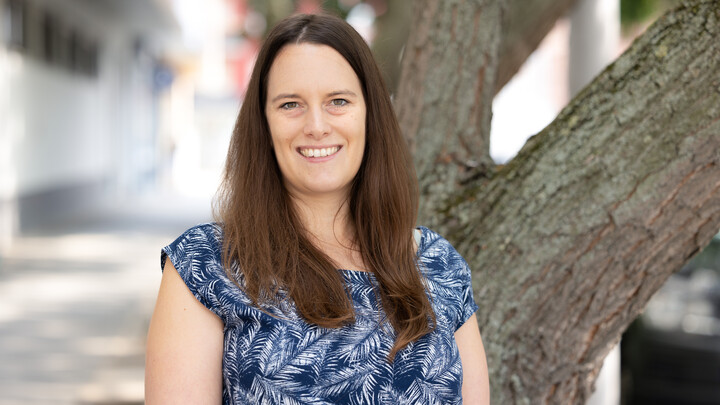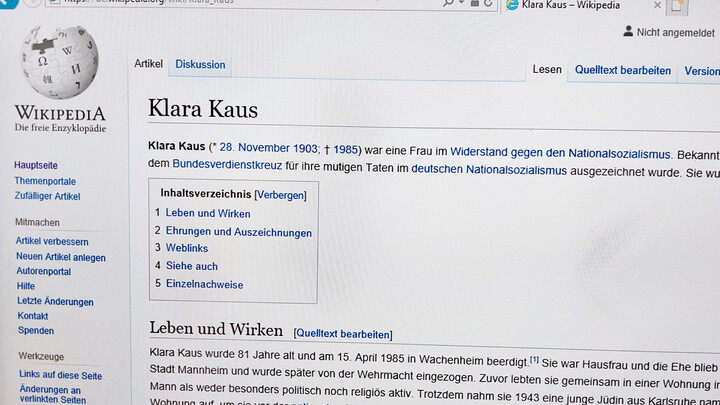Research

Political Polarization Leads to Destructive Behavior
In societies that are highly polarized, voters behave with particular malice toward supporters of the opposing party. The Mannheim economist Wladislaw Mill and his colleague John Morgan were able to demonstrate this for the first time in an experimental study using the example of U.S. society.

Must Humans Have the Last Word?
People asked about AI-based decision-making processes do not see the use of algorithms as a critical problem in itself. Instead, they find it problematic that the results are not subject to enough human scrutiny. This is what a new study led by data scientists Professor Florian Keusch and Professor Frauke Kreuter has determined.

Fitness for the Brain?
Professor Beatrice G. Kuhlmann holds the Chair of Cognitive Psychology and Cognitive Aging at the University of Mannheim and conducts research on different types of memory and how they change as people age healthily. FORUM asked her about strategies we can use for memory training and about whether crossword puzzles have any role to play.

World's First Online Reference Work on Pro-government Militias
The conflict researcher Professor Sabine Carey from the University of Mannheim has developed the world’s first online compendium containing extensive information on more than 500 pro-government militias around the world.

New Wikipedia Content
Students at the University of Mannheim have been producing Wikipedia articles about courageous women and men involved in everyday acts of resistance to Nazism in the context of an interdisciplinary tandem seminar in history and German linguistics.

Hydrogen as an Energy Carrier
Using hydrogen to deliver electricity can make sound economic sense during demand peaks when power is scarce – if reversible power-to-gas systems are used. This is what a new study by the Mannheim economists Professor Stefan Reichelstein and Professor Gunther Glenk has ascertained.

Can Machines Interpret My Smile Correctly?
Psychologists at the University of Mannheim have investigated the recognition of emotions by computer programs in a series of studies. This emerging technology has considerable potential for use in psychological research.
